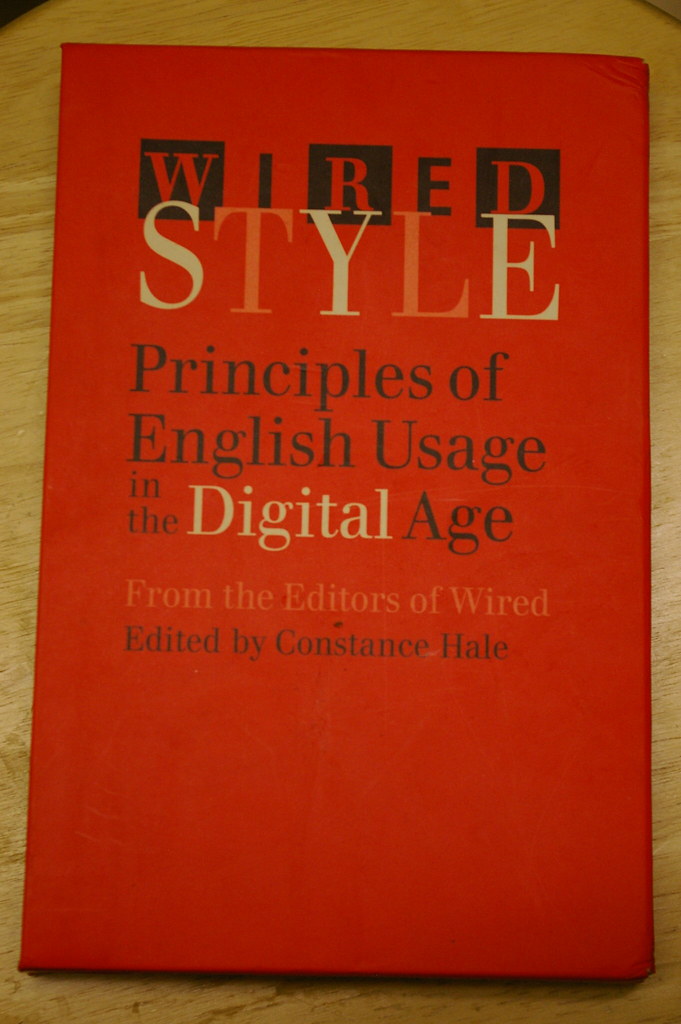I had been thinking about authority versus thought leadership for a while and my interest in it got reignited over lunch with Wadds just before Christmas. We were discussing the pros and cons of sharing expertise on a blog or other social media, particularly when it comes to marketing and marketing communications disciplines.
On the one hand, its giving your competitors (in the professional and the career sense) a leg-up. That expertise could be used for competitive advantage so I may want to hide my light under a bushel. I could then enshrine this expertise as a business process or service mark and leverage this in competitive situations. This assumes that I am smarter than everyone else online, which of course is complete hogwash: Mrs Carroll didn’t raise no fool, but she’s also aware of my limitations.
The secondary consideration is that if I have this business process or service mark, how would the man in the street know the real power of it vis-à-vis competitor offerings? You are are in a ‘he said. she said situation’.
Chances are I am not that much smarter than everyone else, but considerably smarter than some people (yeah and modest too.) So kicking out ideas via this blog or other channels is way of having them picked, poked and prodded: kind of like peer review in academia but with only ten per cent of the politics and none of the corduroy jackets with leather patches or the reek of cheap pipe tabacco. Sharing ideas negates any leadership advantage that I may have, but does help to build authority.
Authority is about trust which is more substantive than anything competitive leadership could have given me. Trust would be further enhanced by successful delivery.
In addition, sharing ideas freely means that I don’t need to think about all areas all the time because I can build upon the thinking that other people have done elsewhere; I benefit from reviewing and critiquing commons content as well as adding to the body of the commons.
Moving thinking forward allows the industry as a whole to grow and helps spur demand in clients once they understand what is possible. At a time when over half the clients for online PR choose agencies from other disciplines to develop strategy and execute campaigns growing the collective opportunity has never been more important. More related content can be found here.

